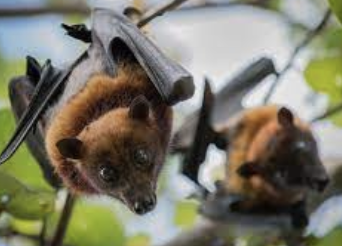Reuters The deadly Nipah bat virus killed two people and put hundreds more in quarantine recently in Kerala, India. The outbreak there — the fourth in five years — shows why many world health leaders want a planned global health treaty to include strong measures to prevent viruses from jumping from animals to humans.
MARUTHONKARA, INDIA – It was more than two weeks before doctors even realized what they were treating, the fourth outbreak in five years of the lethal, brain-swelling Nipah virus in India’s Kerala region. By then, hundreds of people had been exposed to the bat pathogen.
Halting the disease’s spread required deploying an army of workers, who put this village and eight others on partial lockdown for two weeks, surveyed more than 53,000 houses for signs of illness and tracked down 1,200 people who had come into contact with infected patients, according to the World Health Organization.
Ultimately, six people were infected, and two of them died. Though Kerala’s response to contain the outbreak drew international praise, the quick spread of the virus and its impact on tens of thousands of people illustrate what many scientists and world health leaders say is a weakness in public health policy: relying solely on disease containment. Governments, they say, must also control land development and protect animal habitats in areas where there is high risk of pathogens leaping from animals to people, a phenomenon known as spillover.
